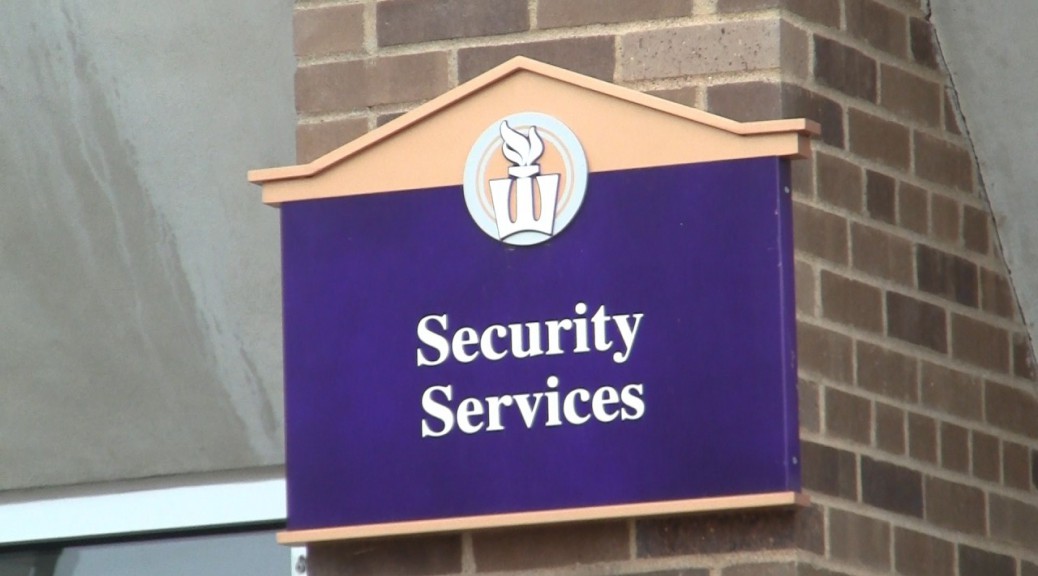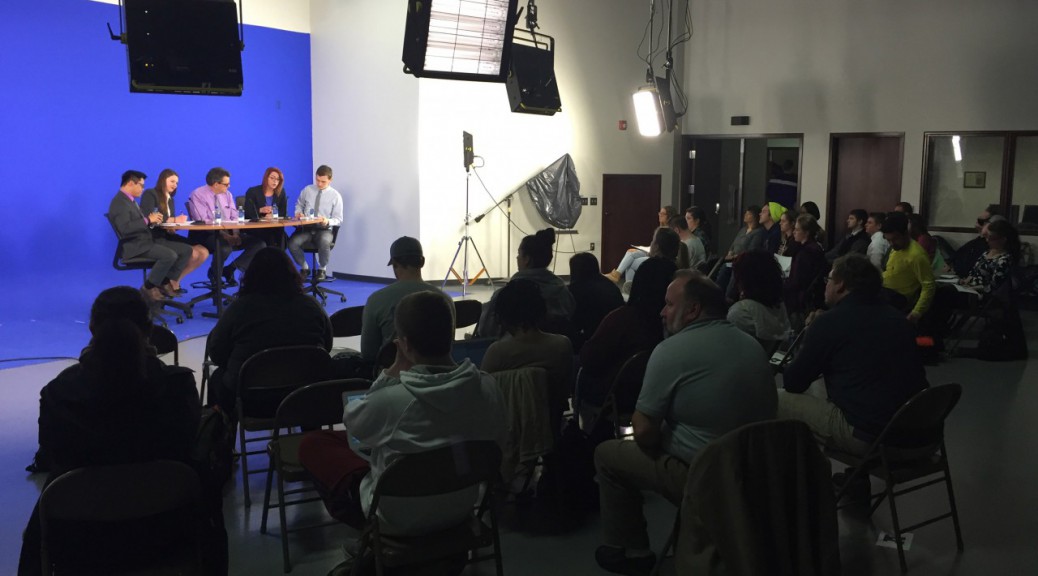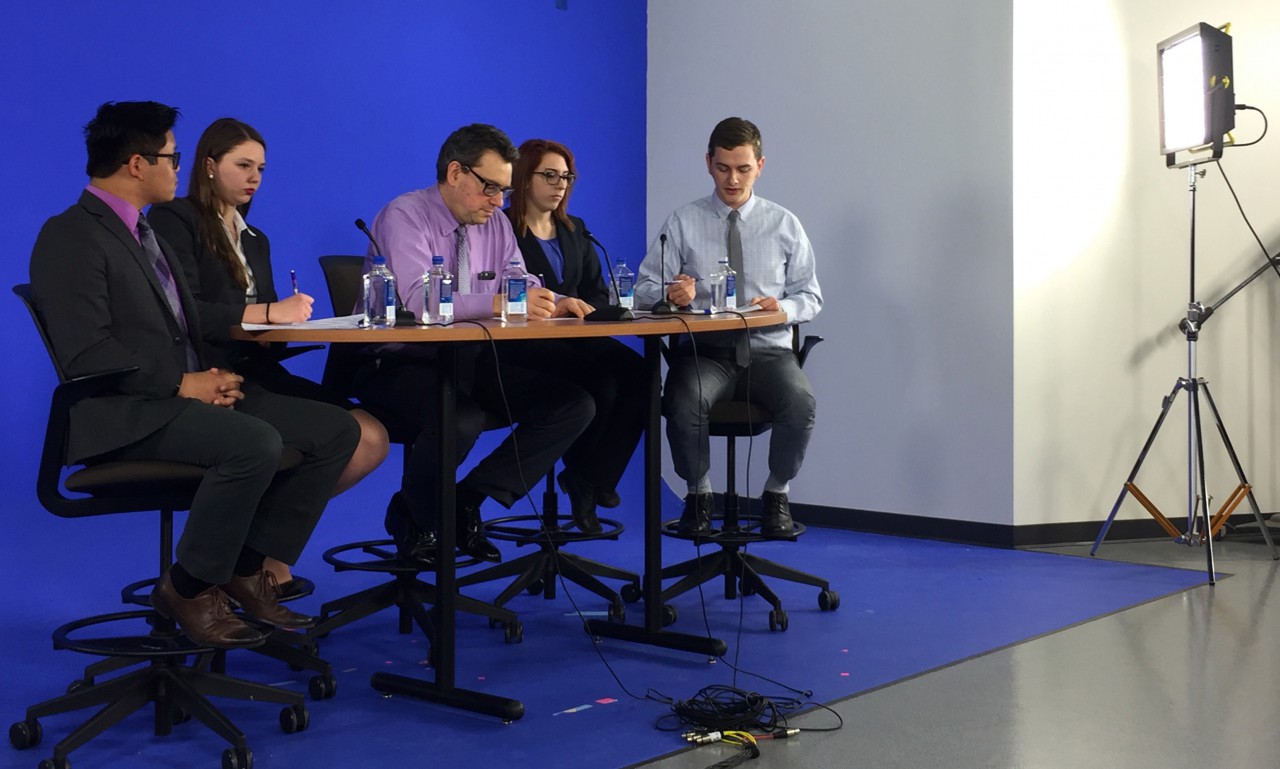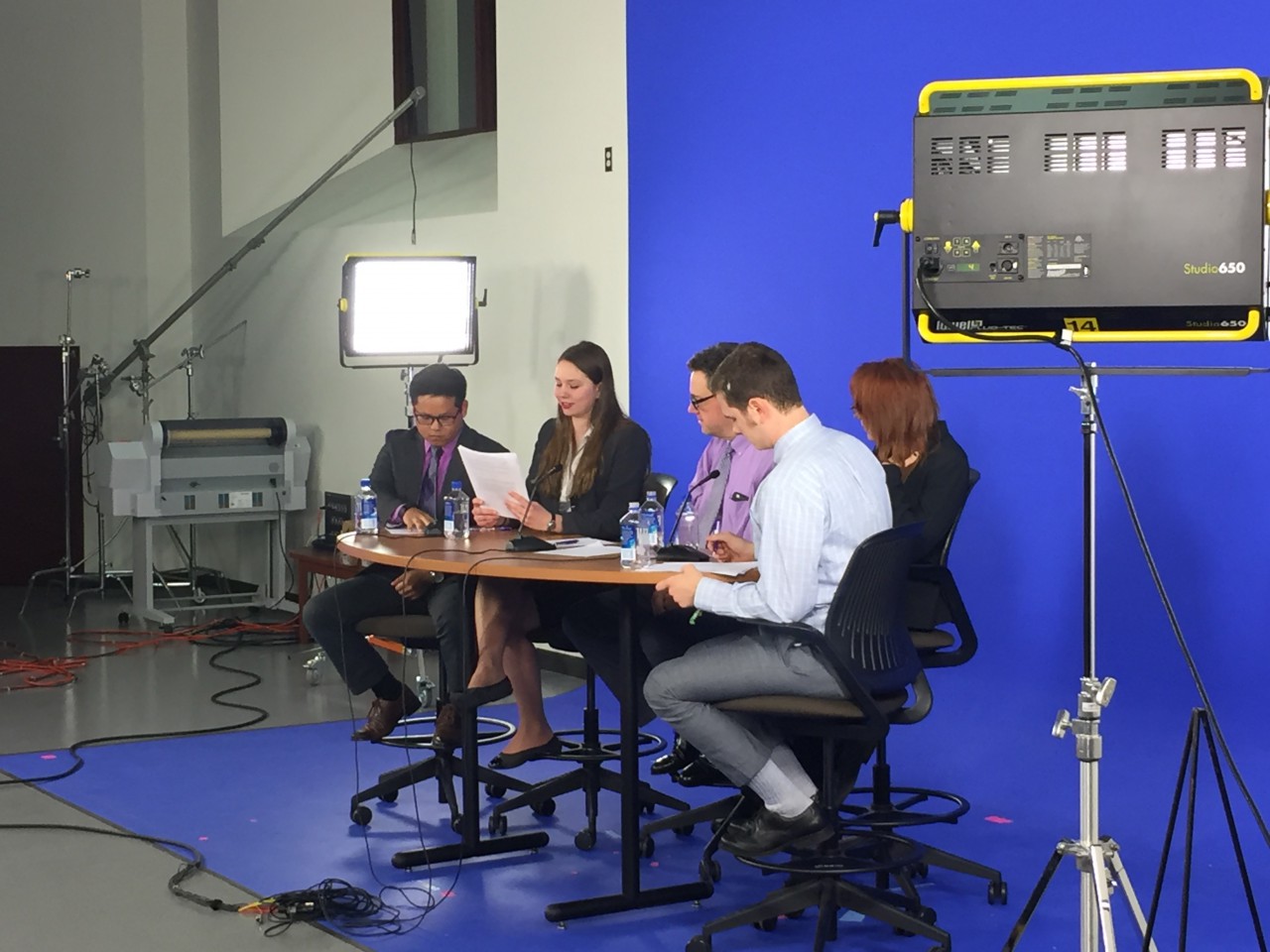Winona State University’s newly appointed director of security, Chris Cichosz, officially began his duties this past Monday.
Cichosz, a Winona native, received his associate’s degree in law enforcement from Rochester Community and Technical College, a bachelor’s degree in criminal justice and sociology from the University of Wyoming, and a master’s degree in public safety executive leadership from St. Cloud State University. For the past 15 years, Cichosz has worked for the Winona County Sheriff’s Office, serving as an assistant detention deputy, patrol deputy, K-9 handler, narcotics and violent crimes investigator and chief deputy.
Cichosz will be responsible for the coordination and management of security departments at both Winona State University and Southeast Technical College. Cichosz said he hopes to bring a more holistic approach to campus security by combatting underlying issues.
“I try to take a big picture approach not just a ‘take care of that one incident’—more try to take care of what’s causing whatever it may be or how we can make it better in the long run—not just right now,” Cichosz said.
As part of this approach, Cichosz said he plans to conduct more active training in the form of practical drills. He plans to build off of some of the training Donald Walski, the former director of security, brought to the university. These include active shooter training or response options to train derailments.
Cichosz said these drills will help better prepare students, faculty, and staff to deal with potential crisis situations on campus.
Cichosz explained he’s had opportunities to attend many different types of training.
“I’ve been able to take in a lot in a short amount of time that has kind of really influenced how I look at things overall,” Cichosz said.
By raising the stress level, Cichosz said, practical drills become more akin to real life. This, as a result, better prepares participants to respond accordingly to actual crisis scenarios.
“That’s how I trained in law enforcement, and that’s how that stuff seems to sink in with people more,” Cichosz said.
Cichosz expressed his interest in returning to a university setting. He said he had always wanted to return to Wyoming where he completed his undergraduate degree. Now that he has a family, Cichosz said the idea was out of the question.
“This opportunity for director of security at Winona State presented itself and it was a good opportunity for my family and I as we progress in our lives,” Cichosz said. “I kind of seized the moment.”
Cichosz said he had always looked forward to teaching in some capacity and feels this new position will allow him to be involved in through daily campus interactions.
“I don’t necessarily think I have to be teaching classes to teach students,” Cichosz said.
In addition, Cichosz said his biggest priority as director will be to improve and maintain relationships between the university and the Winona community as a whole.
Don Walski, who previously served as director of security, said he has known Cichosz for several years. Walski stressed getting to know the staff and establishing close relationships on campus. Walski is confident Cichosz will succeed in his new role at the university.
“He’s a great guy. He’ll do a really good job,” Walski said.
Cichosz said Walski has been a great resource both during the application process and since starting as director.
“I talked with Don a lot going through this process,” Cichosz said, “[To get] a sense of an idea of what this all entails and what am I getting into?”
Cichosz said he plans to keep in contact with Walski as he has been invaluable in learning all he can about this position.
“He has obviously done a good job of keeping the campus safe and I’d like to try to expand on that,” Cichosz said.
Cichosz said his first week on the job has been a flurry of meetings and introductions. He is confident he will settle into the position quickly. Cichosz said he is looking forward to working with a diverse group of students and campus personnel.
“This is a good opportunity to get into that type of environment and to be in that situation,” Cichosz said.
Click the link below for a brief video newscast on Cichosz & what he believes are the biggest security issues facing Winona State University:
Winona State University Welcomes New Director of Security
Cichosz’s ideas on how to potentially combat bike theft on campus:



